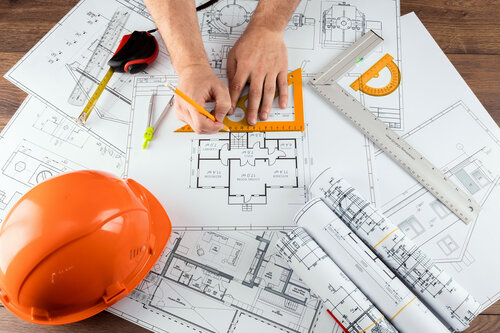Tag: home buying
-
What Gives a Homebuyer Negotiating Power?
In the world of real estate, negotiating power is crucial for homebuyers looking to secure the best possible deal. Whether it’s a lower price, favorable terms, or closing costs, a strong negotiating position can make a big difference. But what exactly gives a homebuyer negotiating power? This blog will explore the factors that can help…
Scott & Mary Tynell
-
The Perks of Owning More Than One Home
Many things have changed over the past couple of years, real estate is no exception. One impact is an increased desire to own more than one home. As trends such as remote working and flexible hours took hold in 2021, so too did the flexibility of relocating as well as the growth of second homeownership.…
Scott & Mary Tynell
-
Why You Should Do A Final Walkthrough
Final walkthroughs are not the same as home inspections – this is not the time for negotiations with the seller to do repairs or add contingencies. The purpose of a final walkthrough is to make sure the property you are purchasing is in the condition in which you agreed to buy it. It is a…
Scott & Mary Tynell
-
Questions To Ask When Buying New Construction

Buying new construction is a different process than buying your typical pre-built home. What’s included, what’s not, and what’s hidden in that massive contract depends on the builder you use. As with any situation where you are moving or about to spend a lot of hard earned money, it’s important to go in prepared –…
